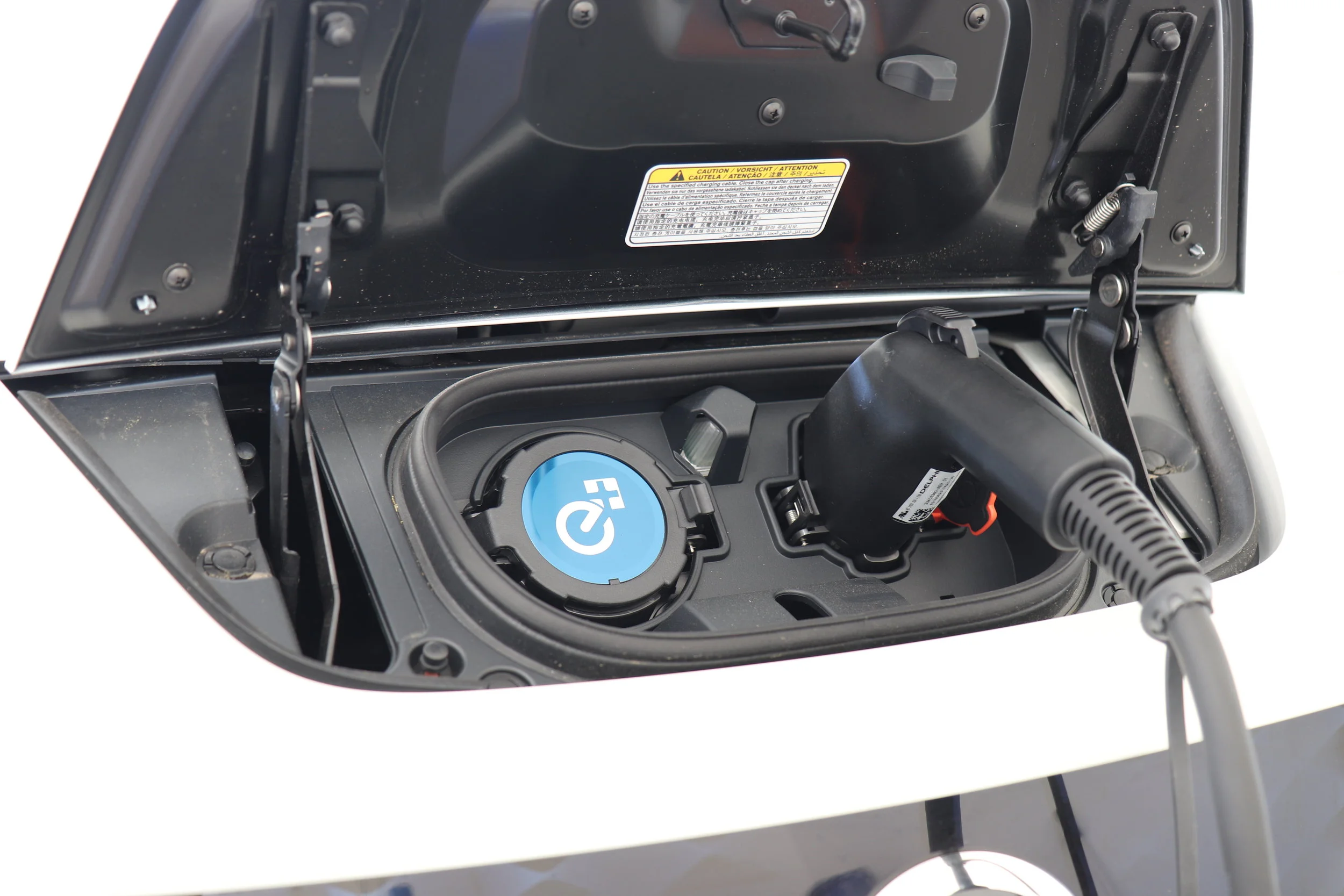Electricity Costs for Your New EV!
With the on going adoption of the Electric car across multiple manufacturers such as Tesla, Nissan, and GM, today’s consumers have many options to choose from when it comes to selecting the right EV for their needs. While the electric car is good for the environment, it’s also friendly to the wallet - with gas prices on the rise again, now may be a great time to consider the electric car, but how much are you really saving by using electricity versus gasoline? In this article we’ll discuss what my comparison basis is, but mainly how to calculate the operating costs of an electric car is versus the gasoline powered car.
The Gas Guzzler
Fast and Thirsty
My last car was a 2018 Infiniti Q50 Red Sport 400 RWD. While it had a whopping 400 horsepower, it was also a very thirsty car, and the high-output meant that I had to get the “premium” stuff at 91 octane (this would require a 93 in the east coast) to ensure that there wasn’t any detonation by running lean. Anyways, enough technical talk, the bottom line is that the car gets a dismal 20/26 MPG EPA rating, drinking its way from gas station to gas station.
The Electric Hero
Saving money mile after mile
My current car is a 2019 Nissan Leaf SL Plus. The Leaf remains pretty much unchanged from the 2018 model, except for the fact that it now boasts a new 62 kWh battery, increasing the range to a far more livable 226 miles on a single charge, relieving most of the “battery anxiety” that deterred most buyers. Power is up as well, with about a 50% increase - zipping around town with quite the bit of torque.
So how do these compare in costs to my wallet?
I drive about 1000 miles a month, with an equal mix of highway and city driving, averaging about 12,000 miles a year. Throughout the year, I observed that I was getting about 21 miles to the gallon on the Infiniti Q50. At the current rate of 21 miles to the gallon, that works out to be about 571.43 gallons (12,000 miles / 21 miles per gallon = 571.43 gallons) used in the year. Take that 571.43 gallons and at the rate of $3.25 per gallon for the premium fuel, you get an operating cost of $1857.15 per year or about $154.76 per month, a pretty average use. I do not drive as much as many people in the US, but it is offset by the higher gas requirement and the poor MPG.
Now let’s take these usage figures and apply it to the costs of the electric car. The Leaf gets approximately 226 miles per 62 kWh of battery life, which works out to be about 3.65 miles per 1 kWh. My local utility company charges me a flat $0.10873 per off-peak usage throughout the year. The on-peak usage varies depending on the plan and the time of year, but for simplicity’s sake, we will use the off-peak rate. (Topic for another discussion, but you should only be charging your car during off-peak hours, as well as be enrolled in a plan that does not have a “demand” factor as these are rip-offs.) At 12,000 miles a year, at 3.65 miles per kWh, I would need about 3287.67 kWh to operate the car. At the rate of $.10873 per kWh, it would cost about $357.47 per year or a mere $29.79 per month. Keep in mind that there are efficiencies to consider as well, as 1 kWh used to charge the battery will not always yield 1 kWh of battery charged.
Saving that cash money money
So for my direct experience, on a monthly basis I am saving a solid $125 ($124.97) per month just in fuel costs. For your purchase, you’ll have to consider the cost of the car compared to your current car, but I hope that this will help you in your overall calculation for your financial goals. How will operating an EV compare to your current vehicle? Let us know in the comments below.
Images courtesy of Infiniti USA and Nissan USA









